
The two schools seem like opposites. The one in southeastern Minnesota is mostly white students, with only 30 percent of them receiving free or reduced-price lunch. The one in St. Paul is mostly Black, and 90 percent of its students receive free or reduced-price lunch.
But the K-12 school in Spring Grove, Minnesota and High School for Recording Arts in St. Paul share a common approach to education: Teachers and students work collaboratively to create a learning plan that best suits the needs of each student.
“Our vision was to create a 21st-century one-room schoolhouse,” says Spring Grove Superintendent Rachel Udstuen.
“Educating young people should be about knowing their passions and interests,” says Tony Simmons, the co-founder and executive director of High School for Recording Arts, a public charter school that specializes in at-risk students interested in music careers.
“Student motivation is key to engagement,” he says. “They should come to school and feel like they are truly being seen and heard and using their strengths and passions to find purpose. That doesn’t come from a hierarchical, top-down approach. It's based around community and elevating every stakeholder's voice and creating a space where that can happen.”
Education Evolving, a non-partisan education organization that works to advance equitable, student-centered learning for all, has been key to the success of the schools, Udstuen and Simmons say.
The Minneapolis-based nonprofit has become a national leader in the field with its policy leadership and its work in equity and innovation, says Simmons, who serves on the organization's board.
“They are the ones who are doing the work to transform public education in the state, in the region and across the country,” Simmons says. “How do we support more innovation in schools? How do we become more learner-centered? How do we promote the teacher-powered movement? Those are the questions they are asking.”

“We have to rethink the design of learning. Schools must be designed with students at the center.”
Education Evolving, a multi-year recipient of the Bush Foundation’s Ecosystem grant, believes student-centered learning is a central and critical part of a broader shift toward racial and economic equity, says Lars Esdal, executive director.
“We have to rethink the design of learning,” he says. “Schools must be designed with students at the center … where they will learn a more honest and inclusive version of our shared story. What we want are students who are critical thinkers and are willing to challenge injustice when they see it.”
Schools should be places where students “observe democratic principles in action and see more shared power and decision-making in play,” Esdal says. “It doesn't work to have the student-centered learning experience in a really top-down, hierarchical, rigid governance system. Students have to be at the table.”
Education Evolving divides its work into three main areas: policy advocacy, educator support and thought leadership.
Staff directly support a core group of schools and educators practicing student-centered learning and host the annual Student-Centered Learning for Equity convening, which is funded by the Bush Foundation, says Alex Vitrella, program director at Education Evolving.
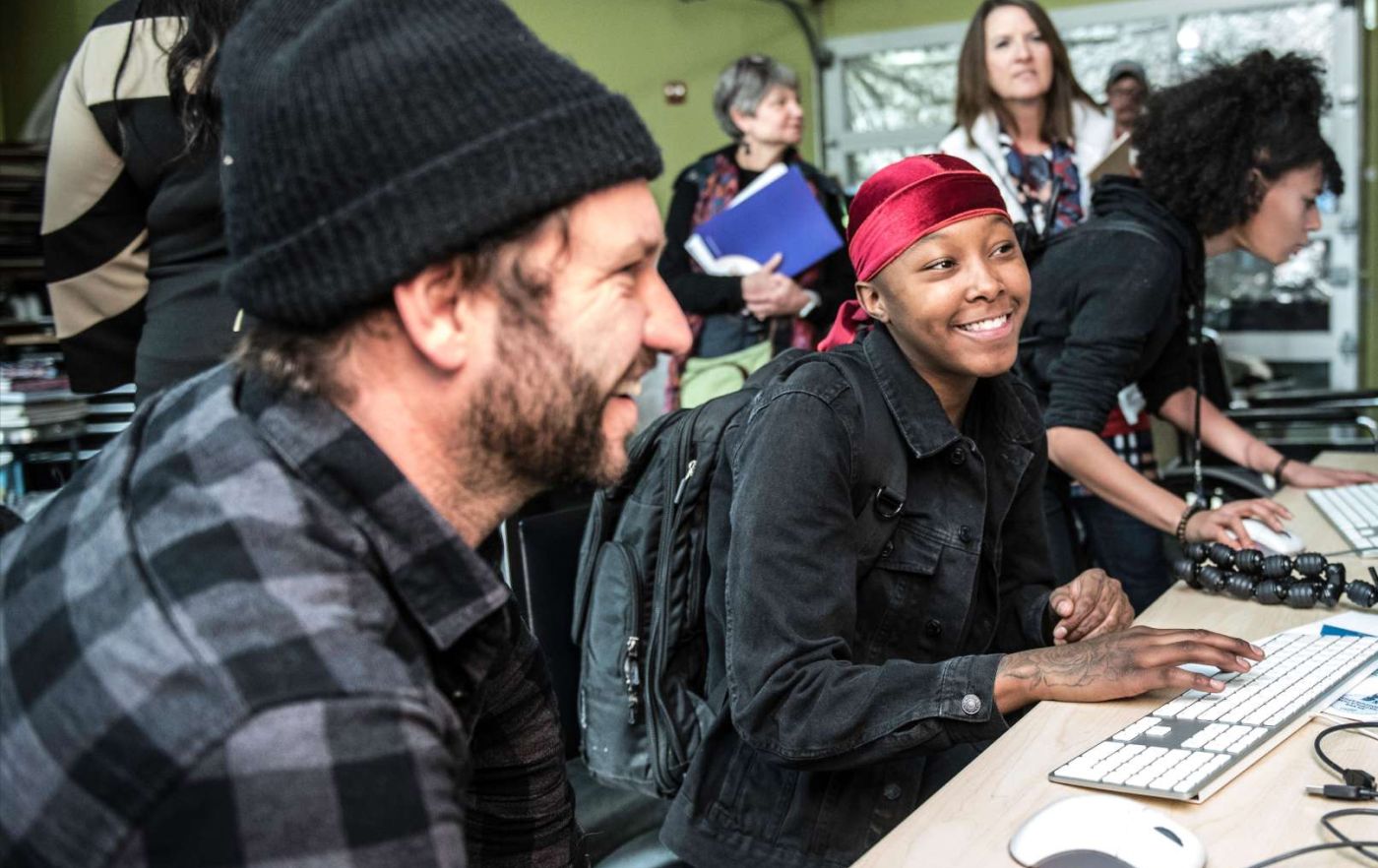
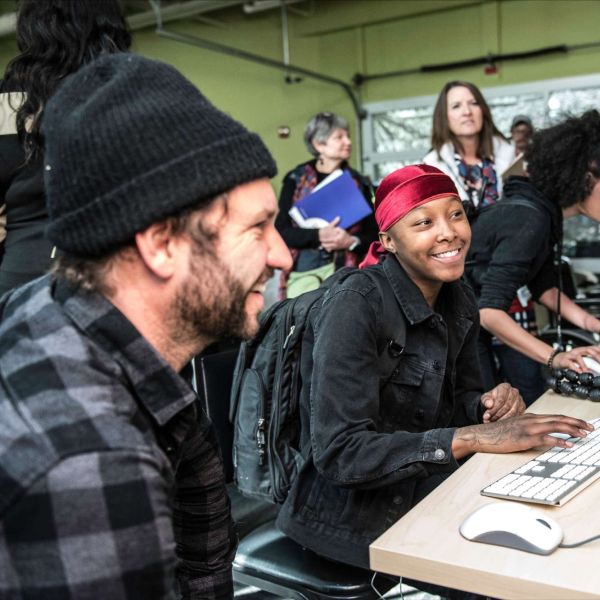
-Tony Simmons, High School for Recording Arts
The organization's roots date back to the 1990s; it took the name Education Evolving in 2001. A common thread has been its strategy of “positioning communities and teachers as the drivers of innovation and change,” Esdal says. The group helped bring about schools run by teachers, open-enrollment and the nation's first public charter-school law.
Education Evolving has identified seven principles of student-centered learning: student ownership and agency; positive identity; positive relationships; foundational needs met; real-world relevance; competency-based; and “anytime, anywhere,” which means students have flexibility when it comes to when — and where — they learn.
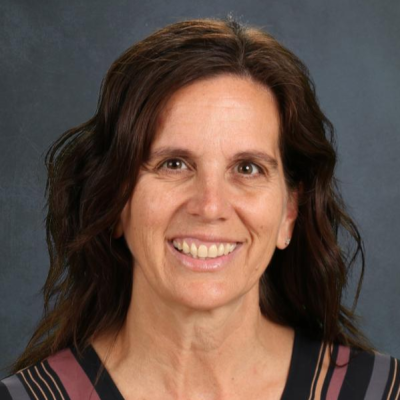
“Our vision was to create a 21st-century one-room schoolhouse.”
The Spring Grove School District has used the seven principles to create an education system “focused on and driven by the child,” Udstuen says.
Udstuen became superintendent of the Spring Grove School District in 2010. Five years later, the small, 350-student, K-12 district began a strategic planning process with community stakeholders that centered around students’ taking ownership of their learning, Udstuen says.
“We knew that it was a pretty ambitious jump to make,” Udstuen says.
But Spring Grove officials felt that students work best in a collaborative and self-paced education environment, one with personalized, self-directed learning in multi-age and multi-level classrooms.
“Student-centered does not mean students get their way all the time,” Udstuen says. “It means they have a voice and a vision.”
High School for Recording Arts takes in students who have dropped out of other schools and puts them through the academic requirements for a high-school diploma while also giving them access to a recording studio.
The high school started after David “T.C.” Ellis, who ran a music production studio in downtown St. Paul, met some kids who wanted to break into the music business. “They were brilliant and creative, and they thought that school was boring,” Simmons says.
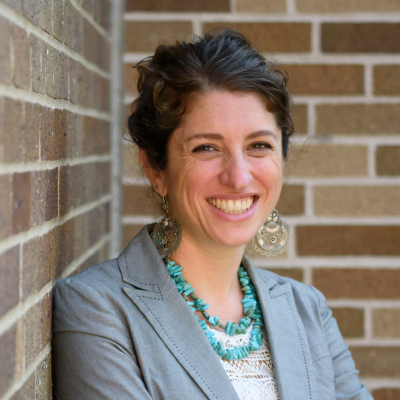
“It’s one of those things that I knew in my heart was really important, and yet to see research showing both the academic and emotional benefits of students’ learning their home language in school was really, really impressive.”
The students were skipping classes and hanging around Ellis’ studio, and eventually Ellis let them in and discovered they had skills and passion for music.
“Oftentimes the reasons why they were pushed or kicked out of school is because they don't have enough support, and they are susceptible to systemic forces around race and socioeconomic status,” Simmons says.
Education Evolving has been working to close the racial achievement gaps in education.
The organization was instrumental in the passage of two new education laws in 2023 — heritage-language teacher licensure and access to ethnic-studies instruction — and made progress on a number of other policy priorities.
Education Evolving worked with the state’s Professional Educator Licensing and Standards Board to help heritage-language educators become fully licensed teachers through an alternative licensure pathway that did not exist before, Vitrella says.
The new law makes it possible for heritage-language teachers for languages like Somali, Oromo, Hmong, Aramaic and Karen to get a teaching license.
“The need is definitely there,” says Vitrella, who grew up speaking Spanish at home. “It's one of those things that I knew in my heart was really important, and yet to see research showing both the academic and emotional benefits of students’ learning their home language in school was really, really impressive.”
Research shows that students will learn English better when they learn their home language in school, Vitrella says. “It also builds a lot of those 21st-century skills that employers are looking for — things like executive function and creative thinking.”
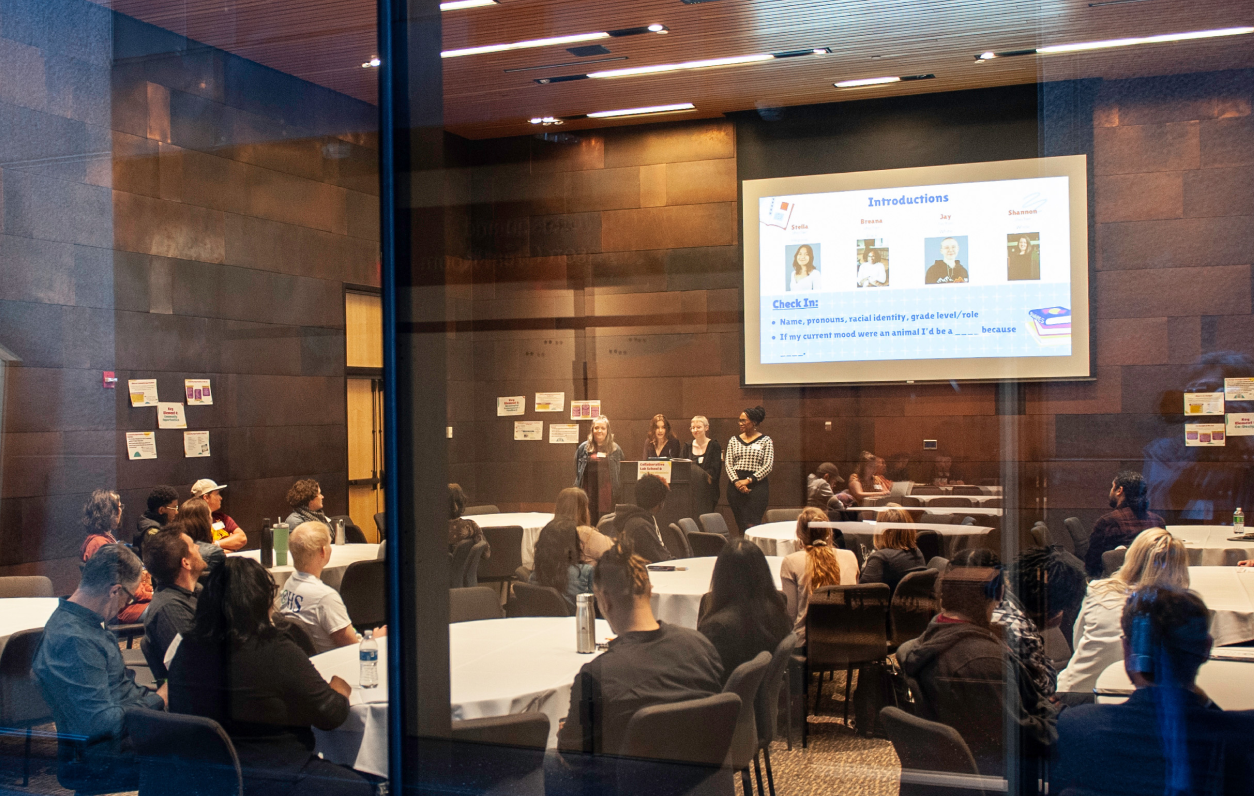
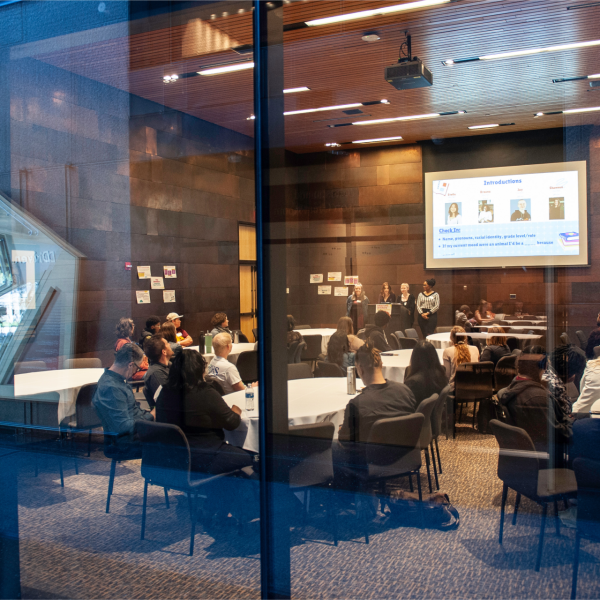
Education Evolving, which has long supported state standards that are more relevant to and reflective of all Minnesota students, also helped get a new ethnic-studies law passed, says Danyika Leonard, the organization’s policy director. The Legislature voted to require that schools offer ethnic-studies classes starting in the 2026-2027 school year.
“Ethnic studies enables all students to better understand the rich heritage, culture, and history of the land upon which we live, told from multiple and diverse perspectives,” Leonard wrote in a letter to lawmakers in support of the bill.
Research shows that students who take ethnic studies have greater academic engagement and higher graduation rates, she says.
“It’s huge,” Vitrella says. “Every student in Minnesota will have classes where they can actually see themselves and they can learn about their classmates, right? So we are not choosing one culture to emphasize. We can start to see ourselves in our classes. My children can learn about their culture, and all of our children can start to see themselves and see their classmates.”
Getting the law passed involved a “series of strategies that included disruption, organizing and a lot of support,” Leonard explains. “It was a collaborative effort of so many different people and entities and youth. Really, we were led by the youth.”
A key turning point for Leonard happened one day when she was meeting with younger organizers working on the bill. Leonard thought she was supposed to be leading the meeting, but the young people stepped up, she says. “When I realized what was happening, the first thing I did was just sit back and say, ‘All right. What are we doing?’ And that's kind of been my approach ever since,” she says. “I’m making sure that I am removing barriers to whatever needs to be done. Whatever strategy we decide on, I’m just holding them and supporting them and making it easier for them to do their work.”
Education Evolving’s involvement in both laws came about because of their relationships with student-centered schools, Vitrella says. “When you’re working with those closest to the students and their families, you recognize who your students are in the building, and then you are able to build a program that meets their needs,” she says.
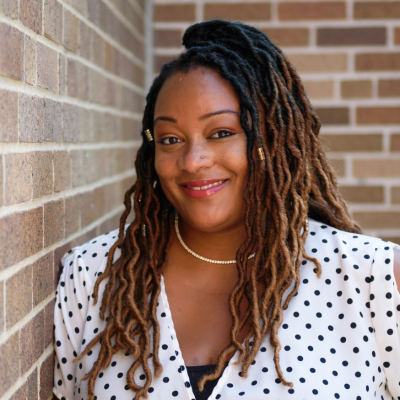
“Ethnic studies enables all students to better understand the rich heritage, culture, and history of the land upon which we live, told from multiple and diverse perspectives.”
Other policy progress in 2023 took place in the areas of competency-based education, equity-focused teacher standards in Minnesota, and data collected and used to improve student experiences in school.
Education Evolving has a “long-game” approach when it comes to policy change, says Jackie Statum Allen, grantmaking director at the Bush Foundation.
“Education Evolving has been working with legislators, the Department of Education, education advocates and district leadership for many years in order to get to the point where the conditions were right, and where they were able to help legislators pass monumental legislation that will impact students.” Allen says. “They understand the power of policy change, and they also understand how it happens. It’s not overnight; it is a step-by-step process. It's relationships. It's putting the right information in front of decision-makers and policymakers and then understanding when change is most likely to happen. And so that's what happened in 2023. Now, they are already thinking about the next big things that they will tackle to improve schools for students.”
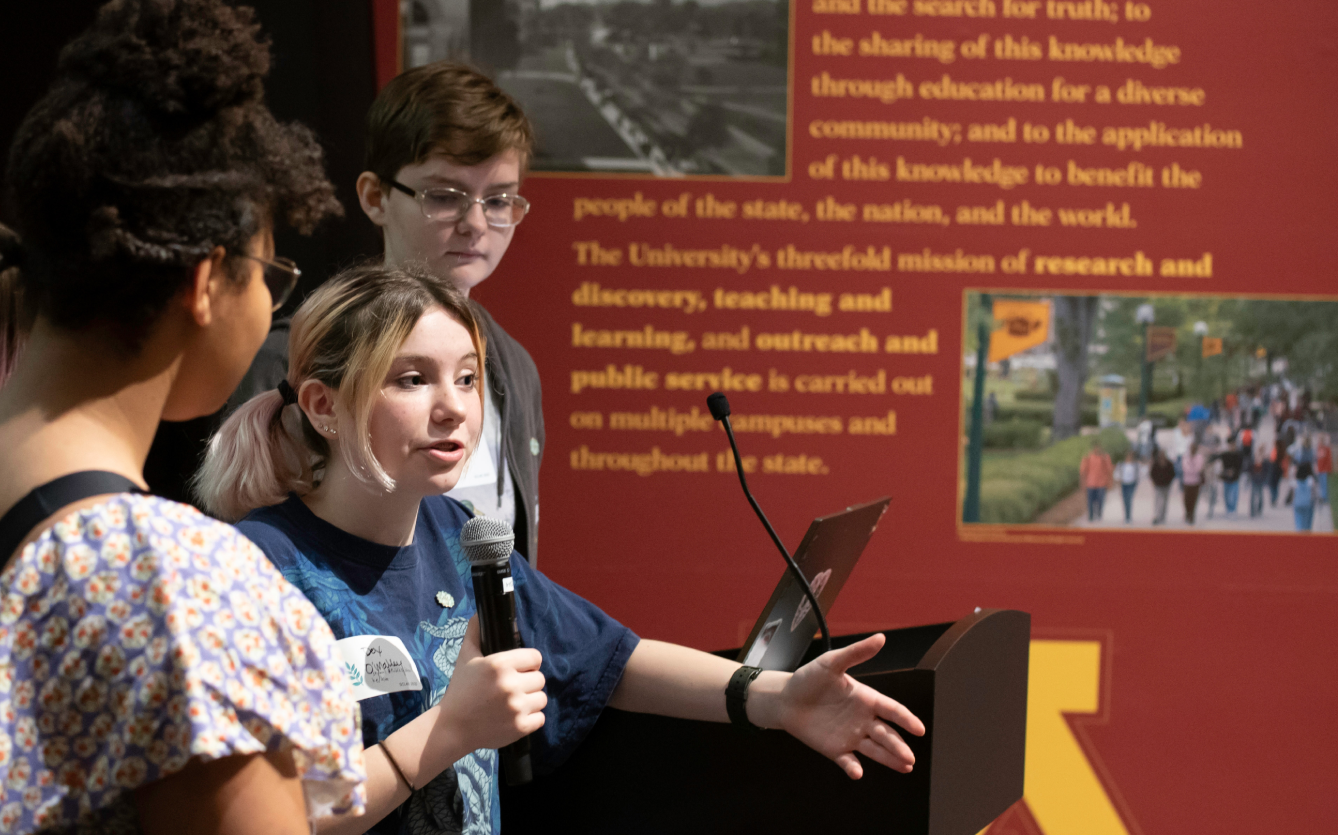
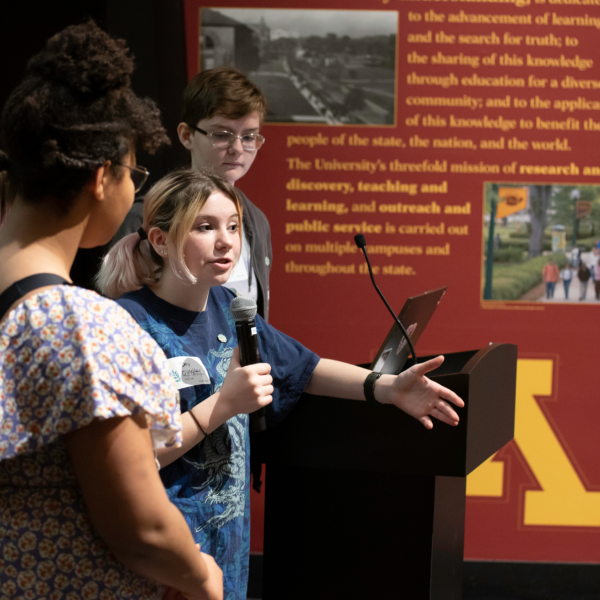
The Bush Foundation has awarded 10 grants to Education Evolving since 2016, totaling about $2.4 million. Four of them were Ecosystem grants in 2016, 2018, 2020 and 2023. Ecosystem grants provide operating support to organizations that others rely upon to help solve problems in their communities and across our region.
The Foundation also awarded $1.3 million in grants in 2021 and 2023 to deliver five years of the annual Student-Centered Learning for Equity (SCL4E) convening, Allen says.
SCL4E, which is held every spring, is the largest gathering of student-centered-learning advocates in the region, says Hawra Alnabi, Education Evolving’s operations coordinator. More than 310 people attended SCL4E in May 2023 at the McNamara Alumni Center at the University of Minnesota's Twin Cities campus in Minneapolis; another 100 attended online.
The conference brings together students, educators and community partners from across Minnesota, South Dakota, North Dakota and the 23 Native nations in the region. “The intention of SCL4E is to honor who students are and how they learn and where they want to go,” Alnabi says. “Community advisors help set the theme and direct what the conference will look like for each year.”
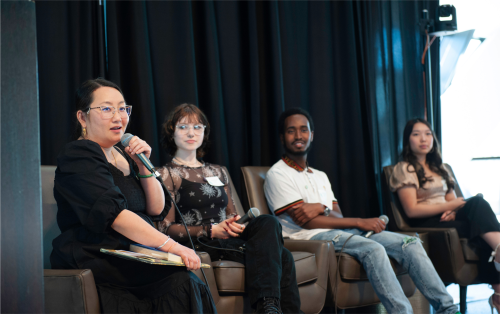
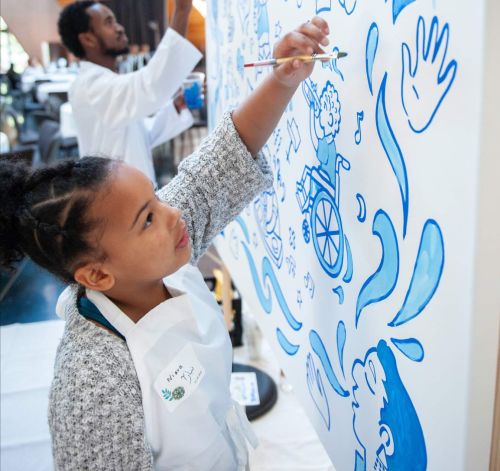
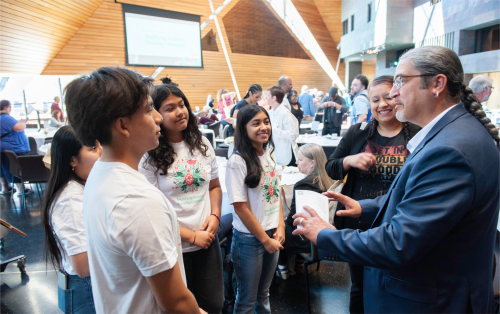
Students play a major role in the conference, co-leading workshops and the breakout sessions with adults, according to Alnabi. A group of students from Red Cloud Indian School in Pine Ridge, S.D., for example, led a breakout session, “Tȟokátakiya Lakotiya Wóuŋglakapi kte (We Will Speak Lakota Into the Future).” Kao Kalia Yang, a Hmong American writer, filmmaker and teacher, was the keynote speaker and facilitated a panel of students from different schools around the Twin Cities “who got to tell their stories and talk about their dreams and hopes for the future,” Alnabi says.
“Coming from a diverse background, I felt like I was never heard by my teachers and schools,” she says. “One of the things I really like about SCL4E is that students get an opportunity to share their voice in front of teachers, policymakers and even in front of their student peers. They get the chance to talk about how they want to learn and what they want to learn about.”
Education Evolving has made SCL4E into “an experience that is consistent with the way that they do their work,” Allen says. “It has become more and more representative of the diverse communities within our region. So there are a lot more students and educators, including classroom educators, that attend. There is also racial diversity, cultural diversity, and geographic diversity such as people who attend urban, suburban, tribal and rural schools."
Allen said she attends many education conferences each year, but SCL4E is special because of how inclusive and diverse it is.
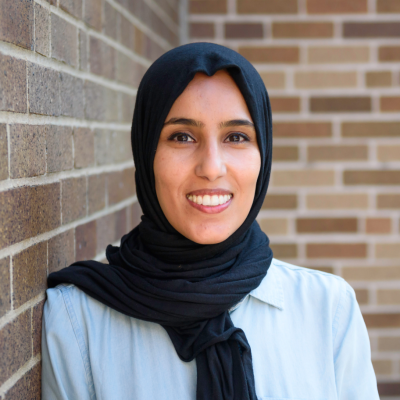
“The intention of SCL4E is to honor who students are and how they learn and where they want to go.”
“If you're from a tiny rural district, it is invigorating,” she says. “If you're from an urban, 95-percent student-of-color district, it's invigorating. If you are from a tribal nation, it is relevant to them, too.”
Education Evolving is making education more relevant for students by putting a spotlight on racial and cultural equity, Allen says. With the grant, Education Evolving delivers events and produces reports that center race and culture explicitly, and they consistently choose policy points that advance equity in terms of race and culture.
“They are an organization that others rely upon. They are a perfect example of how changing conditions and creating a movement for student-centered learning, can't be done in isolation," Allen says. There are a lot of organizations and a lot of leaders that are involved. As I talk with many of those people, I hear about how they are connecting with Education Evolving — either through their materials, or they’re speaking with their staff, or they're participating in their programming. Education Evolving is a trusted organization for others who are working in this movement to make education more relevant for all students.”

Mary Divine has covered news and human-interest stories for the Pioneer Press since 1998. She has won numerous journalism awards, including the Premack Award and the Minnesota Society of Professional Journalists' Page One Award. She is a graduate of Carleton College and lives in St. Paul with her husband and three children. She loves reading, walking, swimming and doing yoga and tabata. A perfect Saturday includes coffee with a friend, a walk along the river and going to a ballgame.